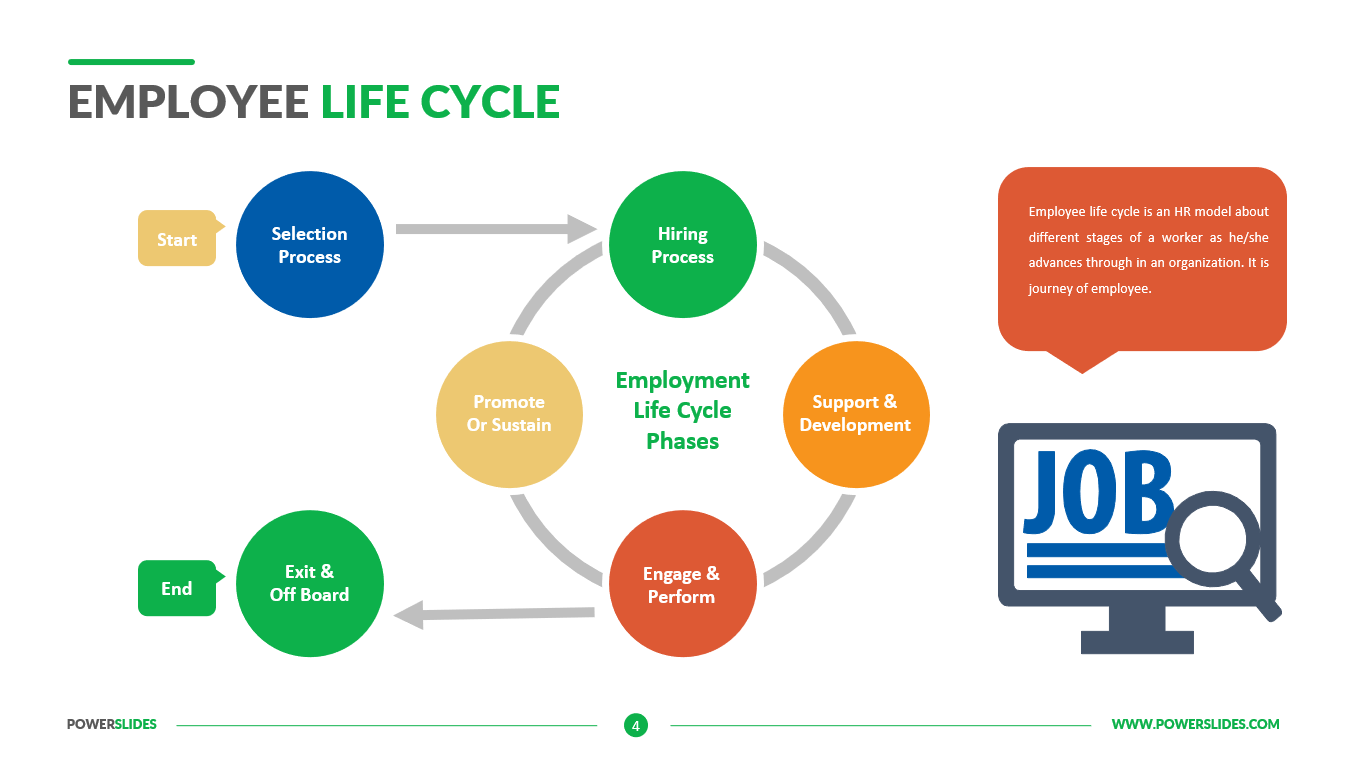Stages of employment
❗ Stages of employment include:
Choosing the Profession and Researching the Labor Market:
- This stage involves exploring different professions, considering interests, skills, and values, and researching the labor market to understand job opportunities, demand, and trends. It includes evaluating educational requirements, potential career paths, and long-term prospects in various fields.
Making a CV:
- Creating a professional curriculum vitae (CV) is an important step in the employment process. This document highlights your education, work experience, skills, and achievements. It should be tailored to the specific job or industry you are applying to and effectively showcase your qualifications and suitability for the role.
Vacancy Search:
- In this stage, you actively search for job openings that align with your qualifications and career goals. This can involve checking online job portals, company websites, professional networking platforms, and utilizing recruitment agencies or career centers. It's important to regularly monitor job listings, set up job alerts, and actively apply for relevant positions.
Contact with the Employer:
- Once you find a job opening, you make initial contact with the employer. This can involve submitting your CV and a well-crafted cover letter. It's crucial to tailor your application to the specific requirements of the position and demonstrate your enthusiasm for the role and the organization.
An Interview with the Employer:
- If your application is shortlisted, you move on to the interview stage. This can involve multiple rounds of interviews, including phone or video interviews and face-to-face meetings. It's important to prepare for interviews by researching the company, practicing common interview questions, and showcasing your skills, experience, and fit for the role. The interview provides an opportunity for both the employer and the candidate to assess suitability and alignment.
Employee Completion of Probation:
- After being offered a job and accepting it, you typically enter a probationary period. This stage allows the employer to evaluate your performance, skills, and fit within the organization. It also provides an opportunity for you to assess if the job meets your expectations. Successfully completing the probationary period often leads to formal confirmation of employment and continued engagement with the organization.

I'll finally be able to get a better job following your pieces of advice! Fascinating 😎
ВідповістиВидалити